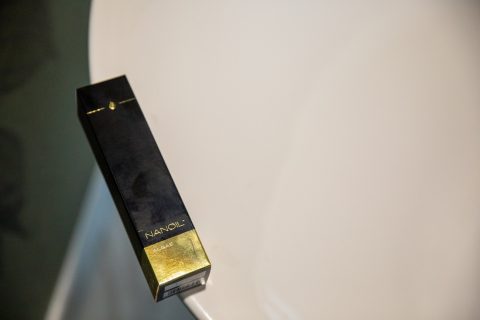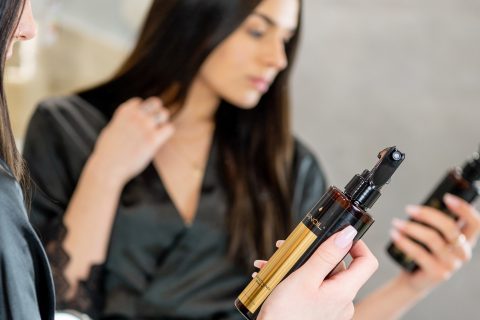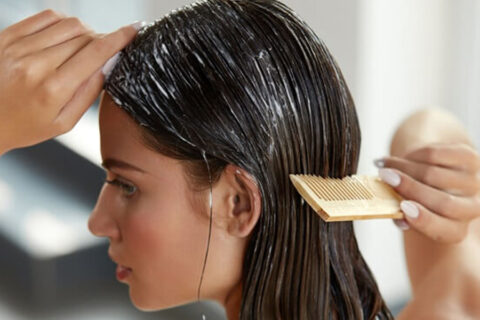Hey!
You think you take good care of your hair? Maybe you’re right but I believe I’m going to enlighten you in today’s post a little bit. Take a look at three most common hair care mistakes and check if you’re making any of them! 🙂
I don’t even dare to count all hair-care articles I posted on the blog. It’s always been my TOPic! I started a decent hair care routine a few years ago getting seriously interested in the best hair-enhancing products and methods. This triggered an idea for the blog to share my thoughts with you.
You know what? I also used to make various HAIR CARE MISTAKES. I wasn’t some kind of hair care guru. I didn’t use to know what and how to use to keep my hair good-looking. It happened that I would apply too many products trying to test as many as possible, which, of course, ended up in (dismal) failure.
A lot of time had to pass before I learnt how to properly care for my hair. Little steps led me towards the right methods and products for the needs of my own hairdo. I encourage you to do the same.
That is why the motto of today’s post is HAIR CARE MISTAKES THAT EACH OF US PROBABLY MAKES (or used to make because now we know we shouldn’t!).
I encourage you to read and share your opinions. I’ll do my best to elaborate on every hair care mistake and tell those of you interested in the topic why you shouldn’t actually do it to your hair.
3 BIGGEST HAIR CARE MISTAKES
MISTAKE 1
Growing long hair at all costs. Furious fight for every inch of (even split) hair.
At some point, every hair care maniac decides to grow long hair. Thanks to efforts we put, hair looks healthily so we want to enhance it, create a gorgeous hairstyle. Hair must be long for that, right? Okay, I get that. However, remember that you need to have hair ends trimmed from time to time. No matter how much effort you put to protect your hair tips, they are going to split anyway, weakening hair lengths at the same time. You start facing up to frizzy flyaways, straw-like ends, static and dry strands. Believe me, cutting down an inch or two won’t do harm and you won’t see a huge difference (beside the healthier-looking hairdo).
MISTAKE 2
Using only protein-rich masks and conditioners because, after all, proteins repair hair!
It is a fact – proteins make up an extremely important ingredient in hair. The lack of them translates to poorer hair condition, dehydration, splitting. If you have damaged hair, it is definitely advisable to use protein products but we tend to forget one key thing: too much of a good thing… The excess is never beneficial, including the hair care area. You can easily go too far with proteins. They are going to reinforce and rebuild your hair until some point. Then, they will start build up on your hair, resulting in frizzy unruly flyaways. The effect is known as overproteined hair. Keep out of this!
MISTAKE 3
Ditching shampoos containing detergents for alternative solutions such as no-poo method.
I’ve devoted a few posts to the effect of detergents on the hair and scalp. Generally, I recommend you to avoid detergents in hair products and carefully read the ingredients. It’s good to know the negative effect of detergents but it’s even better to know you shouldn’t totally stop using them. Why? Overwashing hair and making it dry out due to detergents is equally harmful as not washing the hair precisely. Washing hair with a conditioner, herbs or water only won’t remove some substances building up on the hair surface e.g. silicones or styling products. That’s why you should use a clarifying shampoo once in a while for detox and deep purification (I use it once a week). Obviously, after such precise purification, you need a hair oil treatment or intensive hair mask but I guess you know that very well already.
That’s all for now. Hope you don’t make these mistakes in your hair care routine. If you do, I bet you won’t ever again! 🙂
Kisses!





Leave a Reply